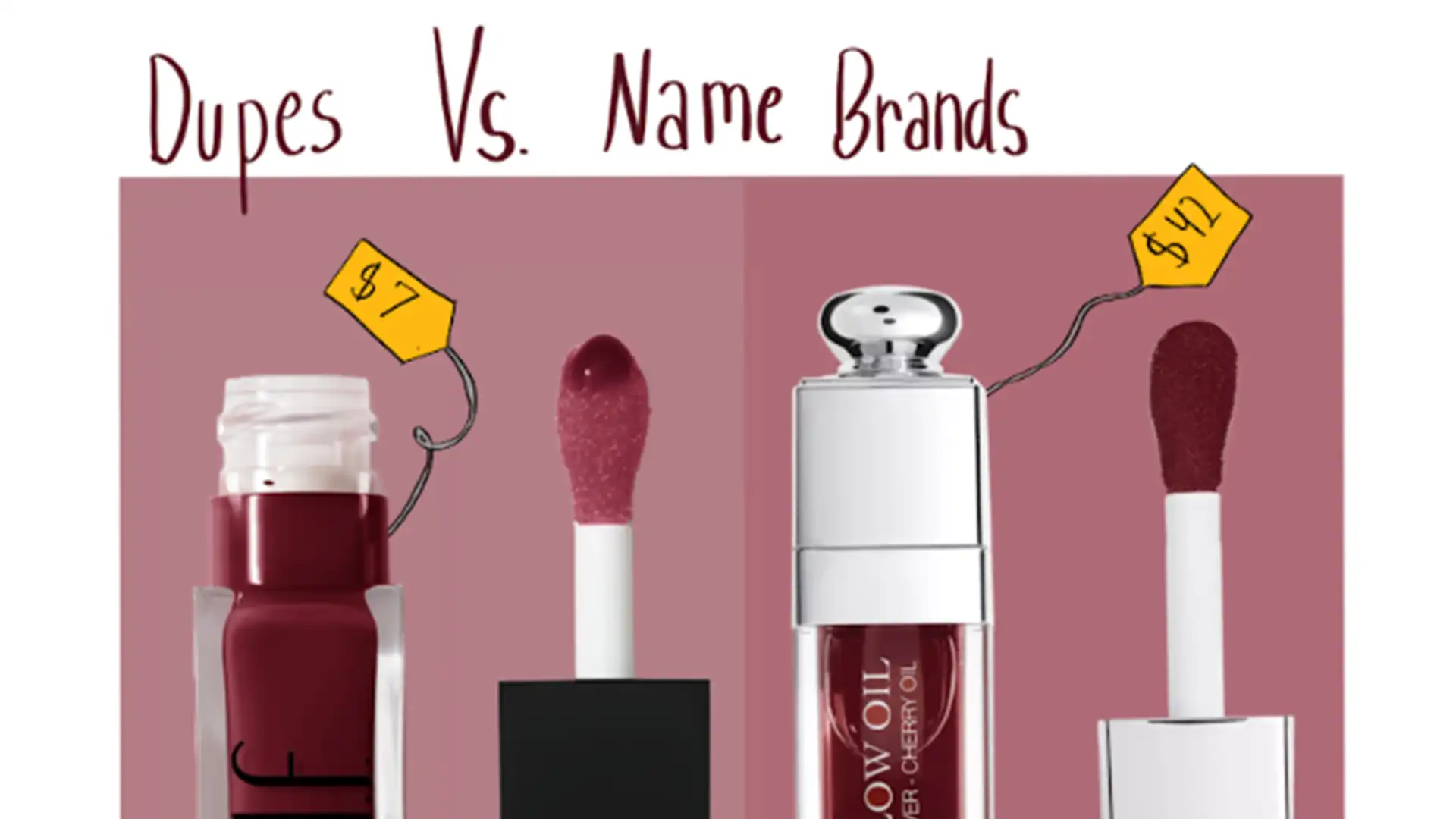When Taylor Swift announced that she had regained ownership of her original master recordings through the acquisition of Big Machine’s catalog, within hours of the news, streams of the original (non–Taylor’s Version) albums skyrocketed. The reason? The albums belong to her now.
This moment is a real-time lesson in business strategy, branding and consumer behavior. Here’s why Taylor Swift’s move matters to DECA members and what it teaches us about business and brand identity.
1. Brand Loyalty Is Powerful
Swift’s re-recordings of her original albums with a “Taylor’s Version” label invited fans to support her creative ownership after being denied the opportunity to buy her masters. In return, her audience responded with unmatched loyalty. They stopped streaming the originals, opted only for her re-recorded versions and turned each album drop into a celebratory experience.
Business Insight: This is a prime example of customer loyalty at work. Just as brands invest in long-term relationships with consumers, Swift invested in her fans through authenticity, storytelling and emotional connection. When loyalty is earned, customers advocate for the brand (Taylor Swift), not just the product (the music).
2. Perceived Value Can Shift Markets
Once Taylor began releasing her own versions of her albums, the originals (owned by another company) began to lose value because the product (music) was no longer aligned with the brand (Swift). Now, with her ownership of the originals restored, they’re gaining double the streams because fans know their streams support the artist directly.
Business Insight: When customers perceive that a product no longer represents their values or the brand they support, they’ll walk away even if the product is the same. That’s the power of perception and ethical branding.
3. Marketing Magic
“Taylor’s Version” became a full-fledged experience for fans. From “easter eggs” (hidden messages) hinting at strategic release dates to releasing “vault tracks” (songs that didn’t make the cut the first time), every move was strategic marketing.
Business Insight: Great branding isn’t just about logos and slogans; it’s about storytelling, consistency and knowing your audience.
4. Beyond Product Support: Building Brand Loyalty
It’s one thing to convince people to support your product. Every entrepreneur knows how challenging that can be. But it’s another level entirely to earn support for your brand, where customers aren’t just buying what you offer, but also believe in why you offer it. Taylor Swift achieved this by transforming her re-recordings into a movement. Fans took pride in standing by her and everything she represents.
Business Insight: This is the pinnacle of branding. When your customers buy into your mission, identity and story, they become a community. That’s how brands grow into strong businesses.
DECA Connection
Taylor Swift’s journey to reclaim her masters is a business case study in action. From brand loyalty and strategic marketing to ethical entrepreneurship and smart ownership, “Taylor’s Version” shows that you earn support for your product and brand when you know your worth, advocate for yourself and engage your audience authentically.
So, whether you’re prepping for your DECA event or planning a future business venture, think about ways you can leverage consumer loyalty and brand identity to create a strong pitch or successful business.














